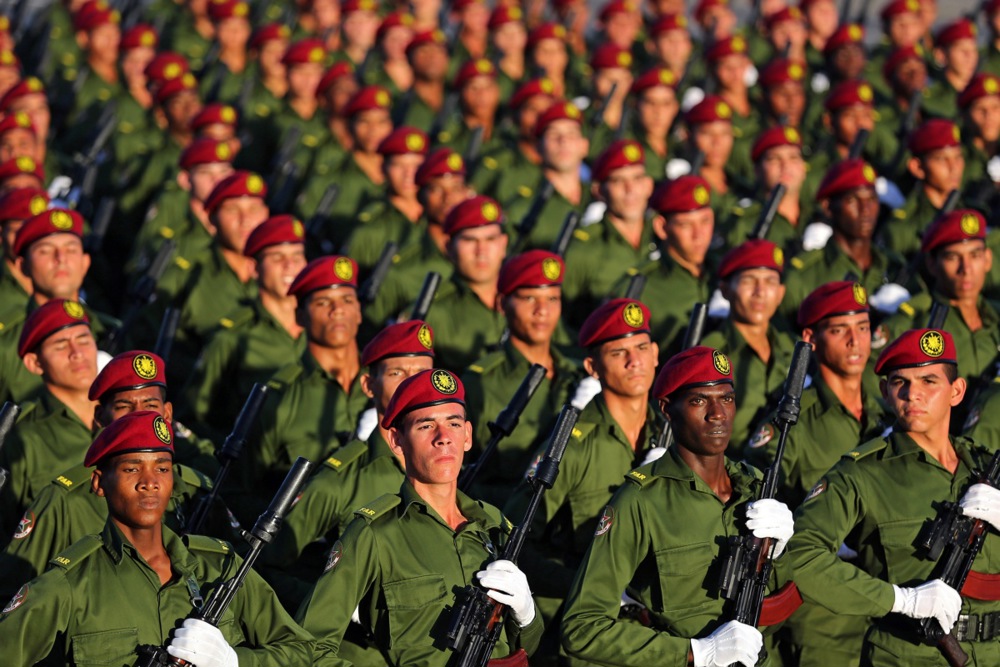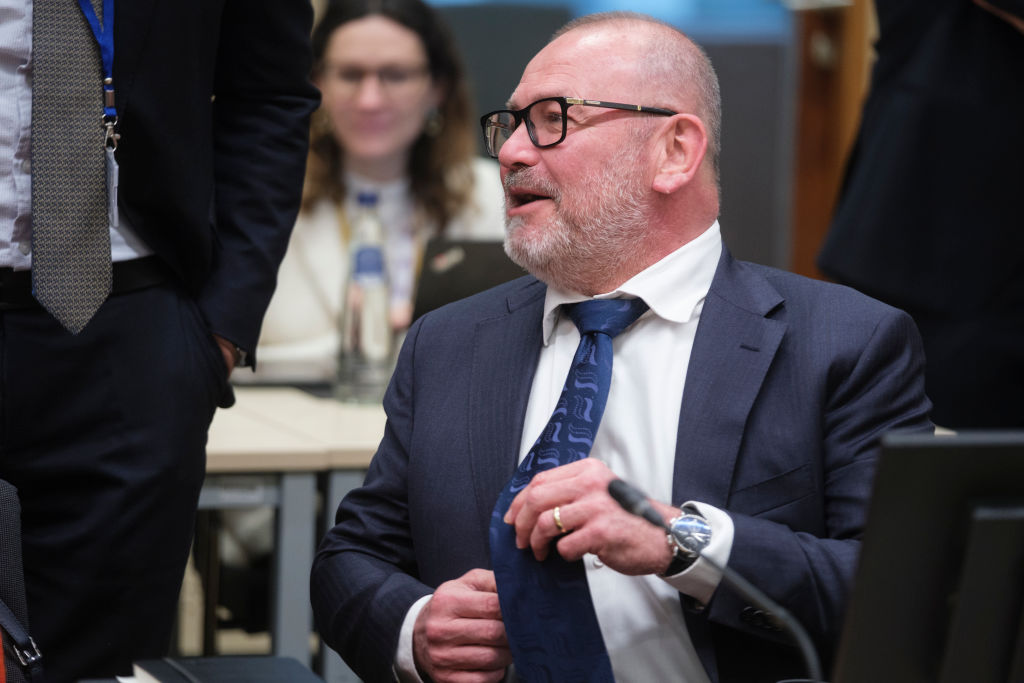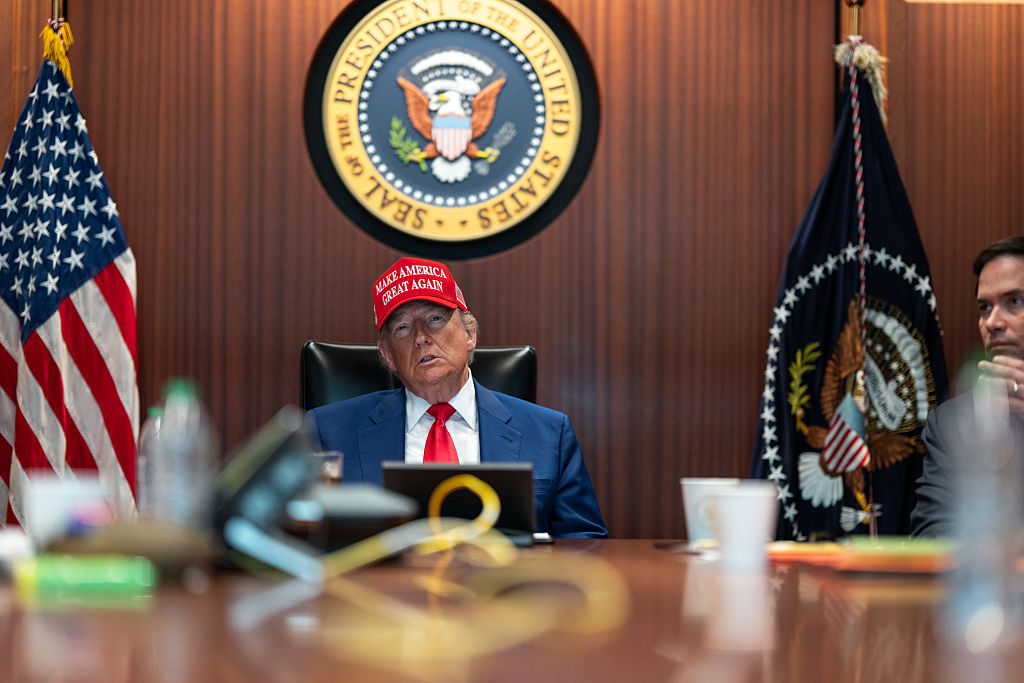Last month saw police raids in France and Belgium meant to crack down on Europe’s vast illegal drug problem. The large-scale raids led to the seizure of luxury goods, some €30,000 in cryptocurrency, and the arrest of 16 individuals. The biggest surprise in the arrests: A Mexican-American suspect with deep connections to the notorious Sinaloa cartel.
The Sinaloa is one of the world’s most brutal organised operations, with ties across nearly 50 countries from Africa to New Zealand. It is increasingly making Europe a focus of its operations.
Of course, Europe has long been a point of sale for cocaine and meth. What has changed is that increasingly European criminals are not just buying and selling but are also actively involved in the Sinaloa operations.
While such developments have attracted almost no interest in European political circles, such events must serve as a wake-up call. Traditional Balkan and Iberian routes of drug trafficking have been disrupted. As a result, Europe’s streets are seeing turf wars. France saw over 110 people killed in drug violence last year. Spain’s Canary Islands have become unsinkable aircraft carriers for the drug trade and were the site of major raids this month.
The Sunday Times warned last year that France is becoming “the new Mexico” and Mexican criminals have played a role in developing meth at new labs in Spain, Holland, France, and elsewhere. Such labs operate like fast-food franchises, where personnel come in for a short period and then fly back to Mexico to await their next job.
Such was the case in Le Val, a village where Mexican meth chemists set up shop in a large villa. The Le Val is not far from St. Tropez. Some Europeans are now joining the Sinaloa ranks in Mexico as well.
While Europe has been slow to respond, US President Trump has been decisive in dealing with the threat posed by the cartels.
Trump issued an executive order labelling major Mexican cartels (such as Sinaloa and Jalisco) as Foreign Terrorist Organizations (FTOs) on February 20, 2025. Such changes have allowed, for example, the family of “Kiki” Camarena Salazar (a DEA agent killed in Mexico in 1985) to sue the Sinaloa cartels in court. The infamous drug dealer Caro-Quintero has arrived in US custody this year after serving a sentence in Mexico to be prosecuted by the Trump administration.
This month, Trump sanctioned the fugitives Archivaldo and Jesús Alfredo Guzmán, sons of “El Chapo,” now imprisoned but once one of the most powerful drug dealers in the world, freezing their assets and placing a US$10m (€8.7m) reward for information leading to their arrest. Trump has not ruled out strikes and military raids in Mexico on narco-terrorists as well.
One common criticism of Trump from some of the European Left is that he sees the war in Ukraine as too distant to matter. But a similar detachment exists in parts of the European Left, who dismiss Trump’s renewed crackdown on narcotics as irrelevant to European security.
For example, Spanish President Pedro Sánchez entertained the notion that Columbia’s ELN, a Marxist guerrilla group, could be delisted by the European Union as a terrorist organisation as recently as 2023, despite the fact that the ELN and the Sinaloa Cartels are closely linked. Of course, since then, the political situation in Colombia has broadly shifted against the ELN as well.
With recent police raids across Europe highlighting a sharp upturn in cartel-linked activity, groups like the Sinaloa cartel are no longer just a North American problem, they are an emerging, organised, and dangerous threat to Europe and beyond.
Some on the Left push for decriminalisation of drugs like cocaine. Under a minority socialist government, Portugal took this step in 2001. This is ironic since drug trafficking has a significant environmental impact, notably in some of the world’s most sensitive and biodiverse environments.
Trump is the first US president in a generation to treat the drug as a military problem. Indeed, we should consider that according to the US government, China is a significant source of source chemicals used in Mexican meth production. It is also worth pointing out that North Korea, Iran, and numerous others are involved. The role of narcotic warfare in the context of hybrid warfare is underestimated.
Trump is trying to cut the Sinaloa rattlesnake off at the head. European governments must applaud this and should do more. Interpol cooperation has been essential, but new areas should be considered.
NATO is one potential area for collaboration. During the long war in Afghanistan, NATO developed a counter-narcotics training project with the United Nations Office on Drugs and Crime (UNODC) in 2016. NATO should consider playing a role in the European drugs trade as well; in fact, Mexican membership in NATO has been discussed.





Meloni has a plan which may both develop Africa and supply Europe with abundant clean energy